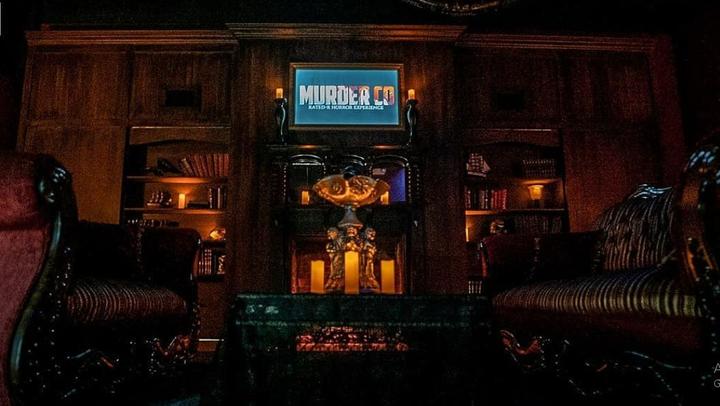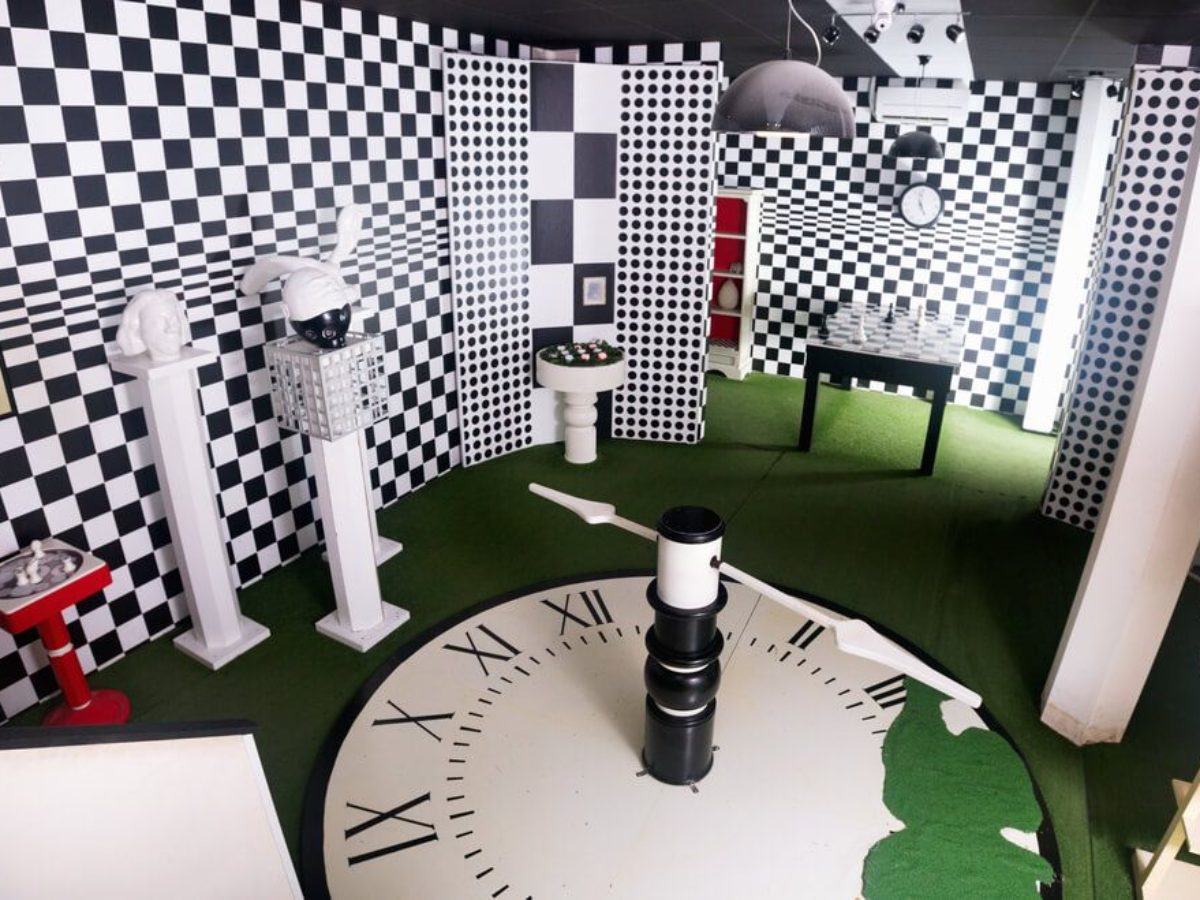Explore the Best Escape Room in Minneapolis-- Schedule Your Experience
Explore the Best Escape Room in Minneapolis-- Schedule Your Experience
Blog Article
Group Methods: Just How to Team up Successfully in an Escape Room
Browsing the complexities of a getaway space requires greater than plain excitement; it needs a well-coordinated strategy based in clear communication, calculated function projects, and experienced time monitoring. Groups should actively listen to each participant's understandings, designate roles that straighten with specific staminas, and maintain regular check-ins to make certain emphasis and avoid redundancy. By fostering a setting that values communication and adaptability, groups can significantly enhance their effectiveness and success rates. The subtleties of these techniques can transform the experience, yet exactly how exactly can they be applied to take full advantage of the potential for success?
Establish Clear Communication
To promote clear communication, it is necessary to designate a central factor of contact for info circulation. Quick, focused updates from each team participant can keep the group notified without frustrating them with information.

Designate Roles Purposefully
While clear interaction establishes the foundation for efficient synergy, designating roles purposefully makes sure that each employee's strengths are made use of successfully. In an escape area situation, the time-sensitive and complex nature of obstacles requires a well-organized technique to task delegation. By identifying and leveraging individual proficiencies, teams can optimize their analytic abilities and improve overall efficiency.
Someone with a keen eye for information might excel in discovering surprise things, while a logical thinker could be better fit to resolving challenges. This function typically needs solid organizational and interpersonal skills.
Second, guarantee that roles are adaptable and versatile. As new obstacles arise, the group needs to have the ability to pivot, reallocating tasks as required. This adaptability helps maintain momentum and prevents traffic jams that can take place as a result of inflexible function tasks.
Eventually, a calculated technique to function project not only maximizes the strengths of each staff member however likewise fosters a cohesive environment, driving the group in the direction of a successful escape.
Make Use Of Diverse Skills
Recognizing and using the varied skills within your group can substantially elevate your efficiency in a getaway area. Each group member brings one-of-a-kind staminas to the table, and effectively leveraging these capacities can speed up analytic important link and improve total effectiveness. For instance, a team participant with strong logical skills could stand out at deciphering complicated codes or patterns, while one more with eager observational capacities might quickly identify covert ideas that others may overlook.
Encourage team members to voice their understandings and concepts quickly, ensuring that all potential solutions are considered. Furthermore, appointing jobs that line up with each member's strengths can protect against bottlenecks and make certain that progress is constant.
Furthermore, variety in abilities often translates to variety in assuming designs, which is vital in a getaway area setup. While some obstacles might need rational reasoning and accuracy, others may profit from imaginative and association of ideas. By identifying and leveraging this variety, teams can address a more comprehensive variety of difficulties much more effectively, therefore raising their possibilities of a successful retreat.
Manage Time Successfully

First, allocate initial minutes for a quick survey of the room. Identify visible puzzles and divide tasks based on team participants' toughness, ensuring that nobody is still. Establish inner time checkpoints to review progression occasionally; as an example, purpose to have half the challenges fixed by the mid-point of the game. This practice can help maintain the group focused and avoid time from slipping away undetected.
Additionally, stay clear of tunnel vision. If a puzzle is taking also long, turn staff member or relocate on to another obstacle, returning later on with fresh perspectives. Interaction is vital-- keep every person updated on addressed challenges and remaining jobs to avoid repetitive initiatives.
Lastly, make use of any type of hints or Bonuses hints sparingly yet strategically - best escape room. Understanding when to ask for assistance can conserve useful time. By adhering to these time administration principles, teams can substantially enhance their opportunities of a successful and enjoyable getaway area experience
Debrief and Reflect
Representation is a vital facet of team growth and improvement in the context of getaway areas. Once the difficulty is finished, whether successfully or otherwise, it is critical for the team to take part in an organized debriefing session. This process enables staff member to evaluate their efficiency, recognize strengths, and identify locations for renovation.
Begin the debrief by discussing what went well. Highlight details instances of effective communication, analytical, and cooperation. Recognizing these positive habits enhances them and encourages their repetition Continue in future difficulties.
Following, resolve the obstacles came across. Go over minutes of complication, miscommunication, or ineffective techniques. Motivate an open and useful discussion where employee can share their viewpoints without anxiety of objection. This fosters a culture of continuous improvement and knowing.
Final Thought
To conclude, effective partnership in a getaway space is predicated upon clear communication, strategic role assignments, the efficient usage of diverse skills, and proficient time management. Normal check-ins and organized debriefings are necessary for preserving focus and fostering continuous improvement. By creating a natural and flexible group environment, the possibility of effectively fixing challenges and achieving the objective of leaving the room is significantly boosted. This strategy not just guarantees success but likewise promotes collective development and understanding.
Report this page